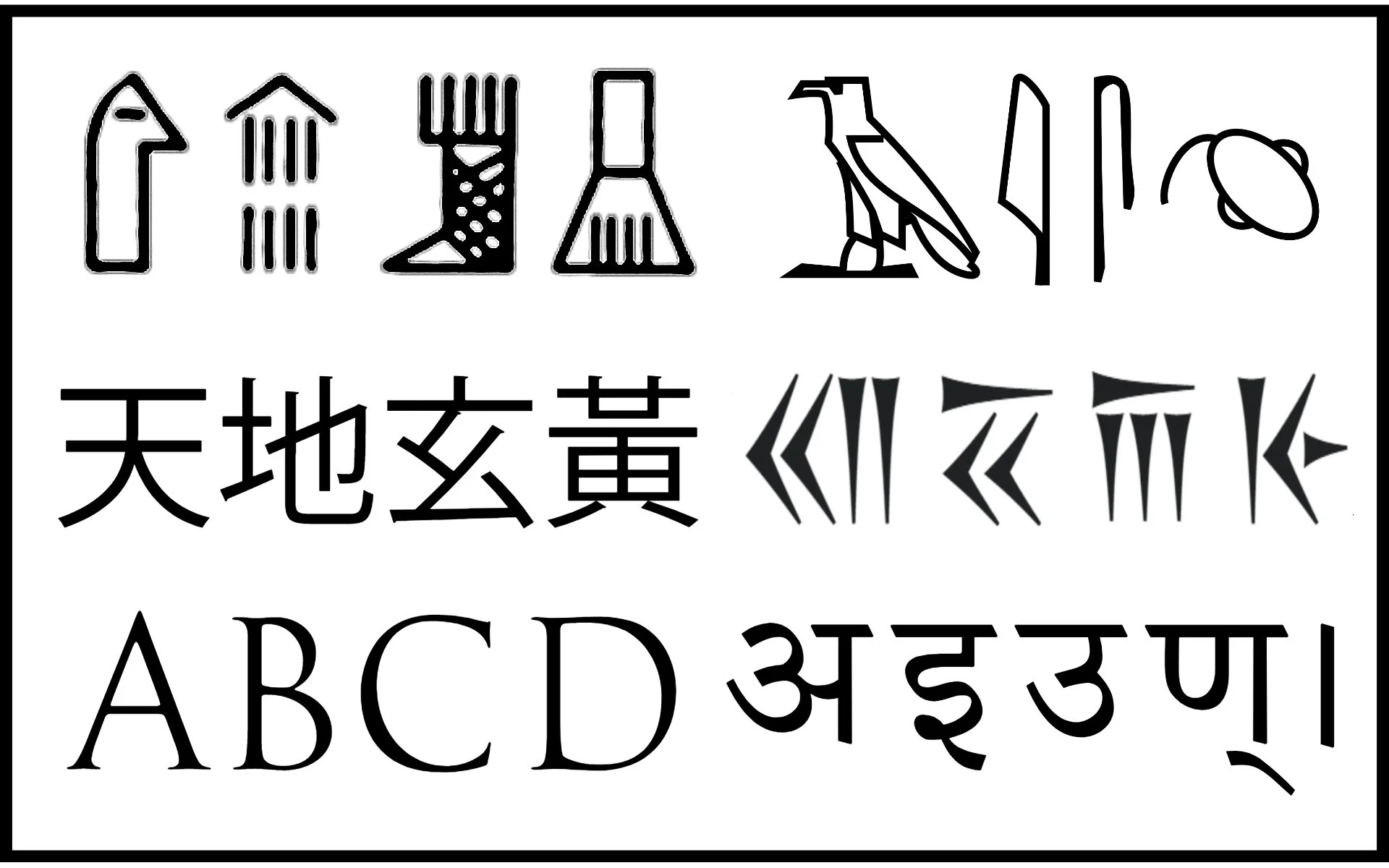22.09.18
We have been asked to keep a journal, which will be submitted but not assessed, and I am pondering how this might look for me. For my PhD, I kept a research blog (nanafroufrou), which proved both useful and popular. And my instinct after the onslaught of the first day of the herbology course was to begin to write this. Or rather to type this, on my laptop. And that’s an important distinction. Writing here is almost an act of surgical dissection – of excising something and placing it on a screen, as if under a microscope, for closer examination.
A paper journal lends itself to inkier, messier, more multi-medial play; to marginalia. And I find myself frozen at the prospect. I have unearthed a beautiful and appropriate book, bought at reduced rate as the traders at Glastonbury festival were packing to leave the site. But I am anxious not to ’spoil’ it. This is a long-standing personal obstacle, a hangover from my childhood, and a barrier to creativity. At 54 years of age, it’s time I dismantled it. Perhaps the first page of the journal should be a page of ink blots and jam smears.
But in the meantime, this series of documents has emerged, almost as electronic marginalia, and I think there may be room for both. So I am going to try to keep a paper journal for research purposes, and post these electronic notes as a blog. A space where I reflect on how I feel about the course. An online autoethnography.
Out in the real world, meanwhile, the weather today is the kind of glorious that had Keats reaching for his pen after a walk near Winchester, in 1819 — his ‘learning curve’ period.
To Autumn
Season of mists and mellow fruitfulness,
Close bosom-friend of the maturing sun;
Conspiring with him how to load and bless
With fruit the vines that round the thatch-eaves run;
To bend with apples the moss'd cottage-trees,
And fill all fruit with ripeness to the core;
To swell the gourd, and plump the hazel shells
With a sweet kernel; to set budding more,
And still more, later flowers for the bees,
Until they think warm days will never cease,
For Summer has o'er-brimm'd their clammy cells.
Who hath not seen thee oft amid thy store?
Sometimes whoever seeks abroad may find
Thee sitting careless on a granary floor,
Thy hair soft-lifted by the winnowing wind;
Or on a half-reap'd furrow sound asleep,
Drows'd with the fume of poppies, while thy hook
Spares the next swath and all its twinéd flowers:
And sometimes like a gleaner thou dost keep
Steady thy laden head across a brook;
Or by a cyder-press, with patient look,
Thou watchest the last oozings hours by hours.
Where are the songs of Spring? Ay, where are they?
Think not of them, thou hast thy music too,—
While barréd clouds bloom the soft-dying day,
And touch the stubble-plains with rosy hue;
Then in a wailful choir the small gnats mourn
Among the river sallows, borne aloft
Or sinking as the light wind lives or dies;
And full-grown lambs loud bleat from hilly bourn;
Hedge-crickets sing; and now with treble soft
The red-breast whistles from a garden-croft;
And gathering swallows twitter in the skies.
In my turn, I head to Gullane. To the soft sand, sea, and steep dunes of East Lothian. I carry my Opinel, a Tupperware container and some newspaper. We have been taught how to collect specimens for herbaria and I need to start facing some of these new practical challenges.
The coastal margin is laden with hawthorn berries, bursting with blood red rosehips, and festooned with sea buckthorn berries. I want to forage, particularly amongst the abundant and oh-so-perfectly-ripe sea buckthorn berries, but I don’t have a freezer for the bletting. It feels rude to refuse such a generous offering, but I do. I tell myself I will return for the harvest, knowing the moment is now and that I’ll miss the vitamin C when the hard winter hits.
I must learn not to be my own obstacle.
Meanwhile, I’m preoccupied with the question of what I bring to herbology. I’m running through lists in my head:
Things I Like To Do — dancing, yoga, drawing, sewing, poetry, gardening.
Attributes I Have — a few languages, good with my hands, an aesthetic eye, a curious mind.
Practices I Have — reading, research, ethnography.
Hmmm.



